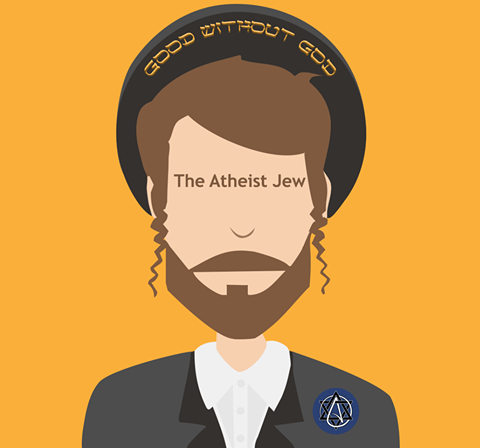Global Atheist Movements: A Year in Review
Over the past year, the global atheist community has witnessed significant developments that underscore the growing momentum for secularism and human rights. Numerous movements advocating for the separation of church and state have emerged, highlighting the importance of maintaining a secular society. Noteworthy campaigns have surfaced in various countries, focusing on legislative changes aimed at protecting the rights of non-believers and combating religious discrimination.
In regions where religious conservatism remains prevalent, grassroots organizations have mobilized efforts to raise awareness and support for atheism. These groups have engaged in campaigns that promote rational discourse, targeting influential public policies that favor religious institutions over individual rights. For example, in the United States, notable initiatives have emerged to challenge religious exemptions that negatively impact health care and education, emphasizing the necessity for an inclusive legal framework that respects freedom for all, regardless of belief.
Prominent figures in the atheist movement have played a crucial role in shaping public discourse. Leaders such as Richard Dawkins and Sam Harris continue to advocate for scientific reasoning and provide platforms for critical examination of religious doctrines. Additionally, new organizations have entered the scene, fostering connectivity among non-believers and encouraging younger generations to participate actively in the promotion of secular values.
While progress has been made, challenges persist, particularly in countries where atheism is stigmatized or viewed as a threat to cultural norms. In some regions, activists face legal repercussions for their beliefs, highlighting the pressing need for international solidarity and support networks. However, the increasing visibility of atheism in media and politics indicates a gradual shift in societal attitudes, promoting a climate where rational inquiry can thrive alongside religious beliefs.
Overall, the past year has demonstrated an evolving landscape for the global atheist community, marked by advocacy, resilience, and a steadfast commitment to enriching public conversations around secularism and individual rights.
Atheism in the Media: Representation and Challenges
The portrayal of atheism in the media has undergone significant evolution over the years, shaping public perceptions and influencing societal attitudes toward non-believers. Various forms of media—including television, film, literature, and online platforms—play a critical role in representing secular ideas and lifestyles. Historically, atheists have often been depicted as antagonistic or morally deficient characters in popular culture. Films such as “The Invention of Lying” and television shows like “The Simpsons” have provided glimpses of atheistic thought, but these portrayals frequently reinforce negative stereotypes rather than offer a balanced representation.
Positive representations have emerged, albeit less frequently, such as in the acclaimed television series “Billions,” where the character Chuck Rhoades grapples with ethical dilemmas from a secular perspective. Literature also provides a platform for realistic portrayals of atheists, with authors like Richard Dawkins and Christopher Hitchens advocating for a rational worldview. These instances not only serve to promote understanding but also challenge the stigma surrounding atheism.
Despite these advancements, many challenges persist, including the tendency for misrepresentation that fosters misunderstanding. Atheists often encounter stereotypes, such as being perceived as angry or nihilistic, which further alienate them from mainstream society. This stigma can discourage discourse and lead to social ostracism, underscoring the critical need for accurate representation.
Atheists have a role in engaging with media to foster more nuanced portrayals. By actively participating in conversations on various platforms or creating content that reflects their values and experiences, non-believers can challenge misperceptions and present a more inclusive narrative. Through advocacy and dialogue, the media landscape can be reshaped to embrace a broader understanding of atheism, ultimately fostering acceptance and reducing stigma within society.

